SDGs localization to design sustainable development strategies | ARCO
Title Designing local strategies for sustainable development: Benchmarking analysis on international case studies
Location Tuscany
Duration 2019-2020
Partner ANCI Toscana
Funding Direzione Affari Internazionali della Regione Toscana
Context
The implementation of the 2030 Agenda for sustainable development requires an innovative approach of multilevel governance, based on the vertical alignment of responsibilities and functions between the international, national, regional, local level and on the horizontal interaction between public, private and social actors in each local context.
In fact, local governance plays a crucial role in the implementation of the 2030 Agenda.
Firstly, because the local level is the point where the interactions between authorities, institutions and citizens – and therefore society as a whole – are more immediate and stronger. However, it is also where inequalities, forms of exclusion, imbalances of power and vulnerabilities are experienced by people more immediately.
Secondly, at the local level it is possible to establish a sustainable development planning strategy that reflects the real opportunities, needs and aspirations of the communities and territories as a whole.
Finally, issues of environmental, social and economic sustainability can be effectively addressed by local actors if they are empowered to play a constructive role in politics and are committed to the protection and long-term sustainable use of local resources.
In this scenario, the Tuscany Region – one of the most active European regions in the international debate on SDGs localization – is planning its regional strategy for sustainable development. In this context, it funded a research project aimed at increasing the awareness and capacity of policy makers at local level in promoting sustainable development, improving their knowledge on how to plan, implement and monitor tailored strategies, policies and initiatives.
General Objective
In line with the principle of universality of the 2030 Agenda, this research project aims to inspire and contribute to the design of the regional strategy for sustainable development in Tuscany through:
- ♦ An analysis of international good practices on the localization of the SDGs in order to draw useful lessons and relevant examples.
- ♦ The in-depth study of the international activities managed by local Tuscan actors in the framework of the SDGs, in order to include the international dimension and cooperation in the regional strategy for sustainable development.
Our conribution
ARCO Researchers carried out a benchmark analysis of local strategies for sustainable development useful in a “comparative learning” perspective. In particular, they explored in the large repository of relevant reports and documentation, the SDGs localization practices of: Åland (Finland), Basque Country (Spain), City of Buenos Aires (Argentina), Catalonia (Spain), Flanders (Belgium ), New York (USA), North Rhine-Westphalia (Germany), Palawan (Philippines), Seoul Metropolitan City (South Korea), Valencia Region (Spain), Wales (United Kingdom).
In particular, a documentary analysis was conducted on official strategies, reporting, websites and communication with the media, in order to draw conclusions on the following key aspects of local sustainable development strategies:
- ♦ Design process, including political validity, phases, principles and participatory tools;
- ♦ Contents of the strategy, including vision, diagnostic analysis, selection of objectives and priority targets;
- ♦ Multilevel governance, in terms of vertical alignment with global, supranational and national strategies;
- ♦ Governance and horizontal articulation of responsibilities, roles and commitments (eg with local authorities, private sector organizations, civil society and universities);
- ♦ Implementation and monitoring, including application mechanisms and indicator systems;
- ♦ Formal aspects, including structure, content and lengths of strategies, graphic design and communication tools.
The benchmark analysis for each key action highlights both the lessons learned and the recommendations to support the regional government of Tuscany in the design of its regional strategy for sustainable development.
The Executive Summary of the research is available below, or download it here.
Read more on our Local Development Unit
Related Projects
-

Social Impact Evaluation of the project “Housing Plus!” to contrast adult homelessness in Rome
-

Osteria Social Club, SROI evaluation of the social housing intervention of the Urban Housing Coop Net network
-

Mapping of social and health third sect organisations in inland areas of Tuscany for the TUSCANY HEALTH ECOSYSTEM – SPOKE 10 project
-

Action-research for the territorial development of the Casentino Valley
-

Social impact evaluation using the SROI methodology of small cocoa producers in Ecuador
-

Betting on the Future: Youth and Territory in the Empolese Valdelsa Municipalities
-
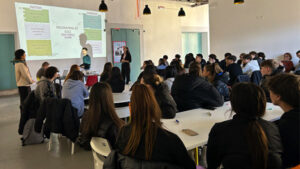
Generation 2030 training for local authorities on youth participation for sustainable development
-
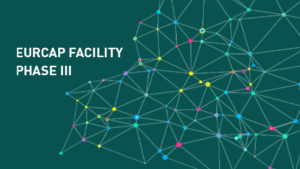
Capacity Building European Facility for the Readmission of Migrants – EURCAP, Final Evaluation
-

Voluntary Local Review of the Metropolitan City of Rome
-
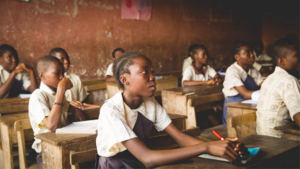
Evaluation of Dare to Hope, a project to create socio-economic alternatives to migration in Nigeria
-
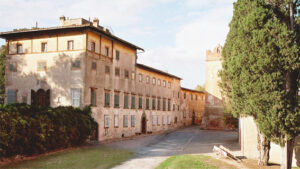
Territorial analysis for the recovery of the historic village of Villa Saletta
-

Territorial analysis for the enhancement of the Medici Gardens of Pratolino
-
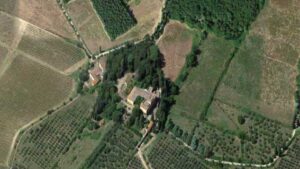
Studies and research for the eco-sustainable recovery, renovation and functionalization of the Villa Mondeggi Estate
-
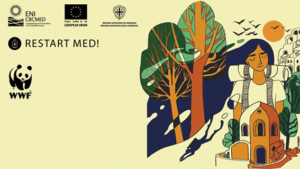
RESTART MED! capitalisation for the promotion of sustainable tourism in the Mediterranean
-
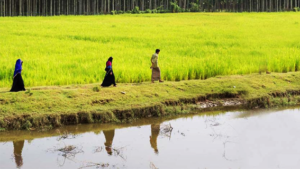
Evaluation of the project that fosters mainstreaming migration into international cooperation and development policies
-

Evaluation of the project INside AUT promoting the autonomy of persons holding international protection
-
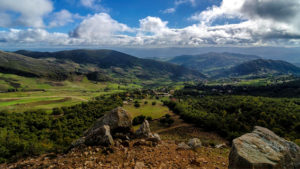
SDGs Localisation Strategies and Local Development in Tunisia
-
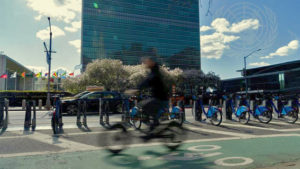
The Localization of the SDGs and post-pandemic recovery through enhanced multilevel governance
-

Migration and the localisation of SDGs: the role of diaspora associations for sustainable development
-
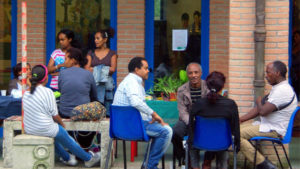
Final evaluation of the IOM project on municipalities and migration mainstreaming in Italy and Albania
-
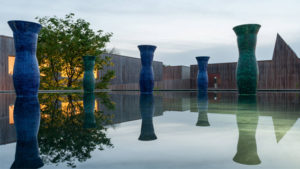
Territorial analysis for the valorisation strategy of Atelier Marco Bagnoli and the association Spazio X Tempo
-
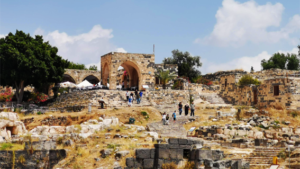
Mid-term evaluation of the MED GAIMS project for tourism promotion and preservation of cultural heritage in the Mediterranean
-

Territorial and socio-economic diagnostics for the Intermunicipal Structural Plan of Valdisieve
-
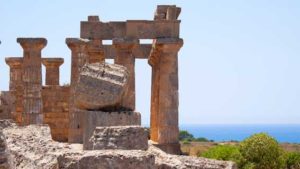
Evaluation of the CROSSDEV project to promote sustainable tourism in the Mediterranean
-

The Tuscan System of International Cooperation for the 2030 Agenda for Sustainable Development
-
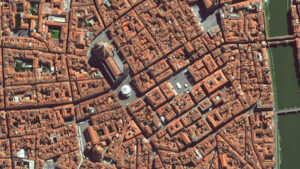
SDGs Localization for the 2030 Agenda for Sustainable Development for the Metropolitan City of Florence
-
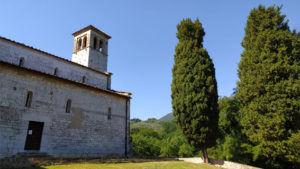
Development of sustainable tourism to preserve and enhance the Romanesque cultural heritage in Tuscany with Itinera +
-

SDGs localization to design sustainable development strategies | ARCO
-
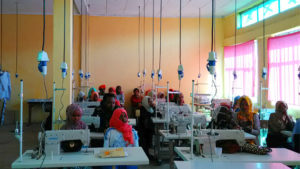
Mid-term evaluation of the project to contrast irregular migration in Ethiopia
-
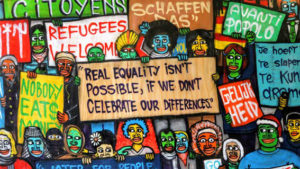
Evaluation of the SPRAR projects managed by ARCI Toscana
-
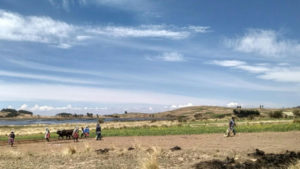
ECO.COM: strengthening local economic development in Bolivia
-
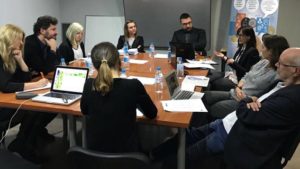
Cycle: il progetto per integrare l’economia circolare nella formazione per adulti
-
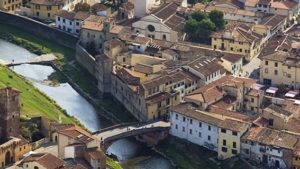
Need assessment to foster social inclusion in Tuscany
-

RB Tex: the new ethical label for the textile industry
-

Investigating the link between migration and development in Italy
-
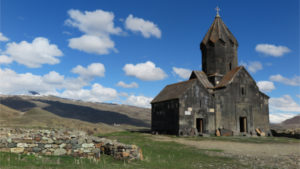
Action-research for ecotourism development in Armenia
-

Increasing the sustainability of the local handicraft sector in Bethlehem
-
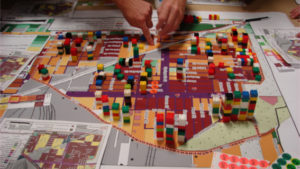
Strategic Plan of the Metropolitan City of Florence 2030
-
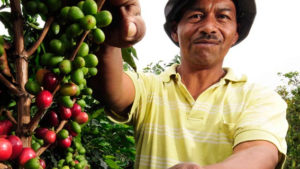
Impact evaluation of coffee cooperative in the Dominican Republic